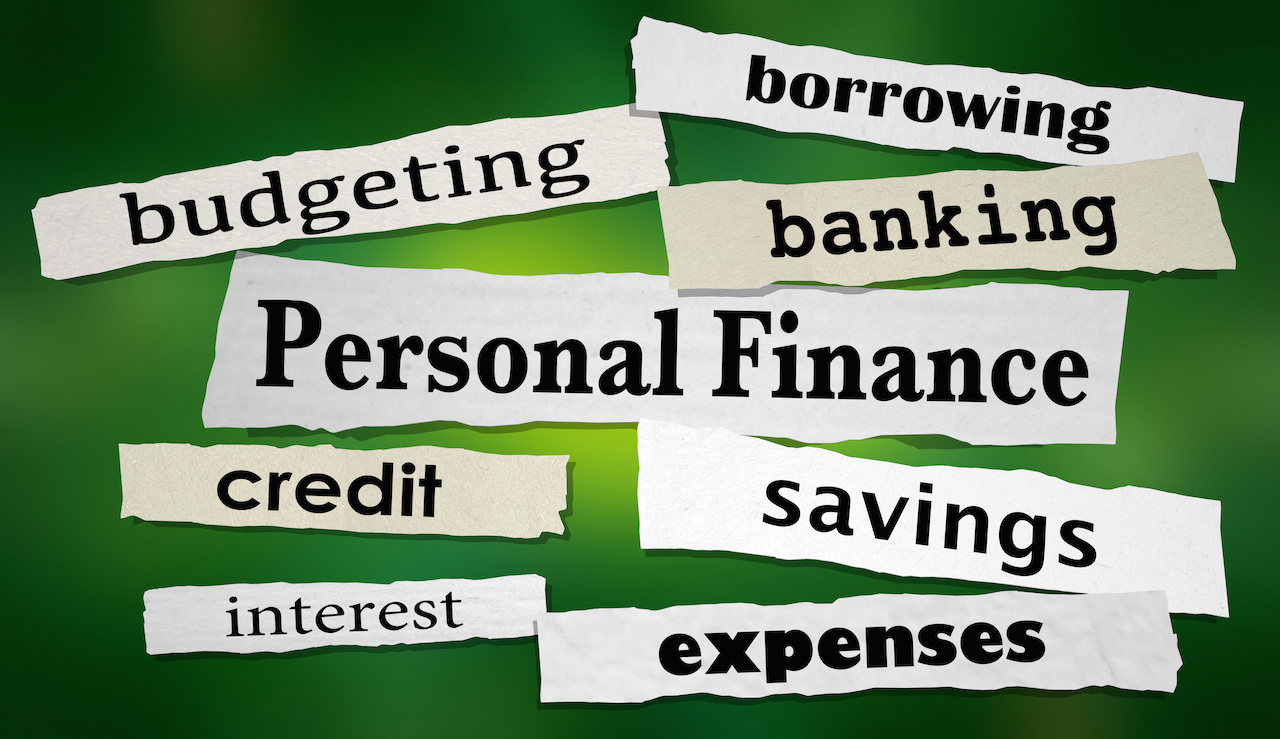Credit Sesame outlines the advantages of an online bank account.
The most obvious advantages of an online bank account is convenience. You can manage your money in moments from any device, wherever you are, 24 hours a day, 365 days a year. No more finding time to visit a bank branch during opening hours.
There are other, less obvious advantages. Most importantly, many online accounts often offer lower (or zero) banking fees compared to traditional banks. Also, you may find better yields on your balances in checking and savings accounts.
For some people the disadvantages outweigh the advantages of online banking. There are no face-to-face encounters with their bank staff. A familiarity with technology is required. Perhaps there are security concerns over keeping money in a virtual environment.
Online banking versus mobile banking
This article treats mobile banking (accessing your account using a smartphone or other mobile device) and online banking as the same thing, even if they are considered to be different technologies. Both require internet access.
- Mobile banking customers access their accounts via an app on a portable device (smartphone or tablet)
- Online banking customers access their accounts via a browser on any device (desktop, laptop, smartphone, tablet)
The Federal Deposit Insurance Corporation (FDIC) reports in a survey updated at the end of 2021, ” … mobile banking as a primary method of account access continued to increase sharply.” It says that usage grew to 34% in 2019 from 9.5% in 2015. By 2019, the FDIC says mobile banking had overtaken online banking as “the most prevalent primary method.”
Meanwhile, online banking (as defined by the FDIC) had declined over that period as the primary method of account access. It fell to 22.8% in 2019, compared with 36.9% in 2015.
However, mobile and online banking may be grouped together as they both involve self-management of accounts via the internet. If you add the FDIC’s 2019 figures for mobile and online banking together, they show most Americans now choose those one of these technologies as the primary way they access their accounts.
Perhaps the most telling number in the FDIC’s data is that, in 2019, only 21% of people used bank tellers as their primary method of accessing their bank accounts.
What segment of the population banks online?
There are no great surprises when you look at who uses online and mobile banking. Age may be the biggest determinant of who appreciates the advantages of online banking and who doesn’t.
Statista reports: “Approximately 63% of banked households whose reference person was between 15 and 24 years old were using mobile banking as their primary method to access bank accounts, compared to only 8% of households aged 65 years and older.” A chart showing the ages of users shows a strong correlation between how old someone is and the likelihood of their adopting mobile banking.
Convenience advantages of an online bank account
Time-saving is arguably the most important of all the advantages of an online bank account. In today’s frenetic world, who has time to visit a branch to withdraw and deposit funds, apply for a loan or mortgage or do any of the other things that 25 years ago used to be done in on bank premises?
Today’s online banking services allow you to do all those things anytime and any place. Using simple, intuitive interfaces on websites and mobile apps, you can manage your finances when you’re at work, on a road trip, sitting in your backyard or sunning yourself on a Mediterranean beach. The only constraint is the availability of Wi-Fi or a cellphone signal.
You have to be aware of some basic security issues but, for digital natives (young people who’ve never known a world without at least personal computers), these are generally second nature.
That’s almost certainly why millennials and their succeeding generations embrace online banking while many older people worry about security. They know they can make their banking secure, even if some feel out of their depth when people use jargon terms like virtual private network (VPN), phishing and hacking.
Financial advantages of an online bank account
The running costs of a traditional bank are high. Brick-and-mortar branches require massive investments in real estate and ongoing costs for staff, utilities, property taxes, building maintenance, local IT provision … the list is endless.
An online-only banking operation has no need for prestigious offices and branches. It can start operations in a cheap business park anywhere in the country. It needs way fewer staff. Its main investment is in building and maintaining its technologies, not its bricks and mortar properties. Online banks require strong finance, marketing, customer support and operations teams. but it have reduced outgoings compared to a traditional bank.
What does an online bank do with all those operational savings? It allows better deals for customers through lower or zero banking fees and higher checking and savings account yields.
What to look for in an online bank
Reading the small print about fees and yields is essential when shopping around for any type of new bank account. In particular, check whether those yield and fee deals are tied to minimum balance levels.
Some online banks not not charge ATM fees but others restrict free use to ATMs in their network. If you choose an online bank that charges for out-of-network ATMs, make sure there are in-network ones near to where you spend most of your time.
Ideally, balances and savings should be protected against the bank going under by Federal Deposit Insurance Corporation (FDIC) insurance. Reputable banks are pretty much always FDIC insured. That means each depositor gets up to $250,000 back if their bank fails. The FDIC says, “Banks that are FDIC-insured must indicate that they have FDIC insurance in advertisements and at teller windows.” Just check your candidate online banks’ websites.
You may also be interested in:
- Sesame Cash account with pre-paid debit card and access to credit builder. No Fees. FDIC insured.
- How to Open a Bank Account Online
- The Consequences of Living Without a Bank Account
Disclaimer: The article and information provided here is for informational purposes only and is not intended as a substitute for professional advice.





















